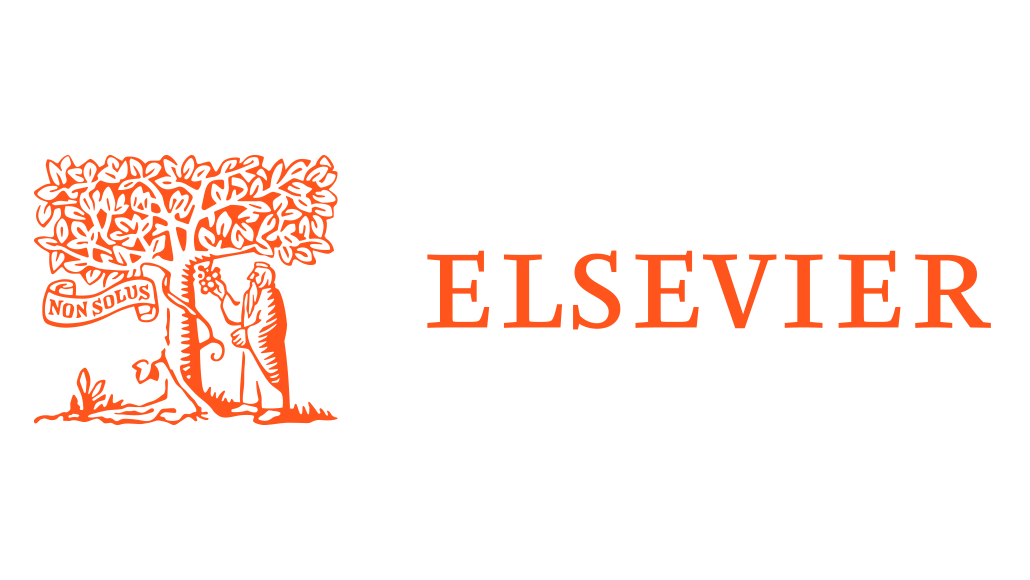AI tools are boosting productivity, but researchers raise concerns about trust and transparency in answers, representing a missed opportunity for R&D
In its latest report, Researcher of the Future, Elsevier reveals that one-third (33%) of corporate researchers do not yet use AI for work. With time savings and future potential clear for current users, the report suggests an opportunity for R&D to increase the value gained from AI.
The report
Elsevier’s Researcher of the Future survey draws on responses from academic and corporate researchers to offer fresh insights into how researchers view the rapidly evolving research landscape.
The AI opportunity in corporate R&D
The report highlights that many corporate researchers report benefits:
- 63% say AI tools save them time
- 54% believe that AI empowers them
- 47% see that AI brings increased autonomy
Looking ahead, 76% expect time savings over the next two to three years; 49% believe AI will help drive new knowledge; and 44% believe AI will improve the quality of their work.
Why adoption stalls
The report suggests several areas that would improve adoption of AI.
- Skills and governance. Only around one third (35%) of corporate researchers say they have received adequate training in using AI; only 41% believe there is good AI governance at their organizations, with 21% disagreeing. Organizations have an opportunity to increase confidence among users of AI.
- Concerns about answer quality. While 46% agree AI provides useful answers, 29% say AI provides unhelpful answers. Additionally, only 27% say that AI tools are trustworthy. These factors are possible brakes on wider adoption that greater transparency could resolve.
- Hesitation in high-value use. 44% would not use AI to write/draft papers, 47% would not use it to generate hypotheses, and 49% would not use it to design experiments. Considering that almost one third (31%) of AI-using corporate researchers rely more on general-purpose AI tools, providing research-specific tools could increase confidence in using AI for high-value tasks.
How to close the gap
Researchers see AI as a powerful tool to transform how they work and boost research impact, but they need solutions they can trust that prioritize research integrity, accuracy, security and accountability. Corporate respondents point to specific features that would encourage wider use of AI at work:
- 70% — Automatic citations / transparent sourcing
- 64% — Explicit factual‑accuracy / safety training
- 63% — Confidential handling of inputs
Taken together, these point toward a need for research‑specific, verifiable AI built on trusted content.
Stuart Whayman, President, Corporate Markets at Elsevier, commented: “AI has enormous potential to accelerate discovery, but general-purpose tools were never built for the precision and traceability that scientific research requires. As this study shows, researchers need transparent AI that cites trusted sources and explains its reasoning. Above all, it must meet the same standards of evidence and reproducibility as their own work. Achieving that depends on domain-specific data, rigorous validation, and collaboration across the research ecosystem.”
Access the full report here: https://www.elsevier.com/insights/confidence-in-research/researcher-of-the-future/industry
About the research
The findings are drawn from Elsevier’s Researcher of the Future: a Confidence in Research report https://elsevier.io/researcher-of-the-future which was conducted by Elsevier to examine how researchers are adapting to rapid technological, cultural, and institutional change. The study explores four key areas: the transformative role of AI in research, the pressures researchers face in maintaining research integrity, evolving ways of working including increased collaboration and changing attitudes on relocation, and, finally, increasing expectations for researchers to demonstrate the impact of their work. As part of the study, Elsevier received responses from 122 corporate researchers on their use of AI, research practices and views on the evolving role of technology in innovation.




















